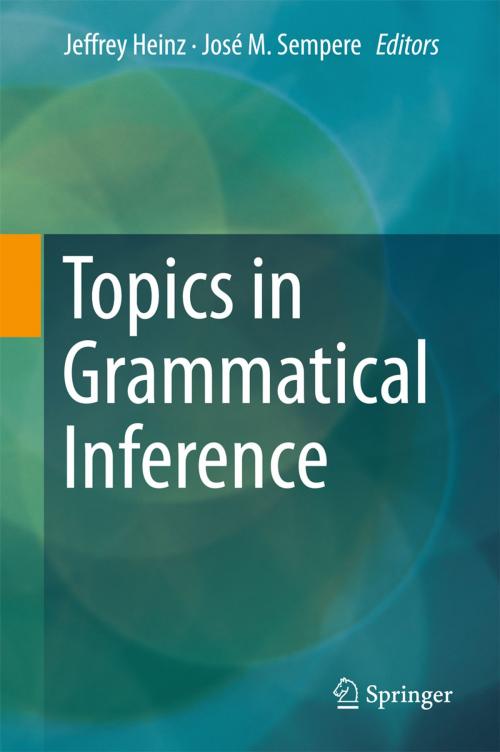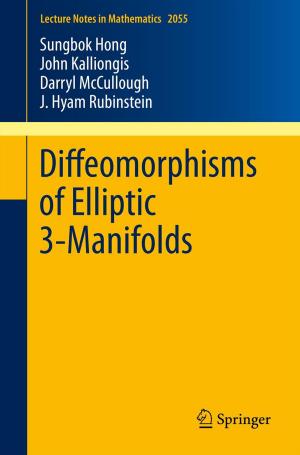Topics in Grammatical Inference
Nonfiction, Computers, Advanced Computing, Artificial Intelligence, Computer Science, General Computing| Author: | ISBN: | 9783662483954 | |
| Publisher: | Springer Berlin Heidelberg | Publication: | May 4, 2016 |
| Imprint: | Springer | Language: | English |
| Author: | |
| ISBN: | 9783662483954 |
| Publisher: | Springer Berlin Heidelberg |
| Publication: | May 4, 2016 |
| Imprint: | Springer |
| Language: | English |
This book explains advanced theoretical and application-related issues in grammatical inference, a research area inside the inductive inference paradigm for machine learning. The first three chapters of the book deal with issues regarding theoretical learning frameworks; the next four chapters focus on the main classes of formal languages according to Chomsky's hierarchy, in particular regular and context-free languages; and the final chapter addresses the processing of biosequences.
The topics chosen are of foundational interest with relatively mature and established results, algorithms and conclusions. The book will be of value to researchers and graduate students in areas such as theoretical computer science, machine learning, computational linguistics, bioinformatics, and cognitive psychology who are engaged with the study of learning, especially of the structure underlying the concept to be learned. Some knowledge of mathematics and theoretical computer science, including formal language theory, automata theory, formal grammars, and algorithmics, is a prerequisite for reading this book.
This book explains advanced theoretical and application-related issues in grammatical inference, a research area inside the inductive inference paradigm for machine learning. The first three chapters of the book deal with issues regarding theoretical learning frameworks; the next four chapters focus on the main classes of formal languages according to Chomsky's hierarchy, in particular regular and context-free languages; and the final chapter addresses the processing of biosequences.
The topics chosen are of foundational interest with relatively mature and established results, algorithms and conclusions. The book will be of value to researchers and graduate students in areas such as theoretical computer science, machine learning, computational linguistics, bioinformatics, and cognitive psychology who are engaged with the study of learning, especially of the structure underlying the concept to be learned. Some knowledge of mathematics and theoretical computer science, including formal language theory, automata theory, formal grammars, and algorithmics, is a prerequisite for reading this book.















